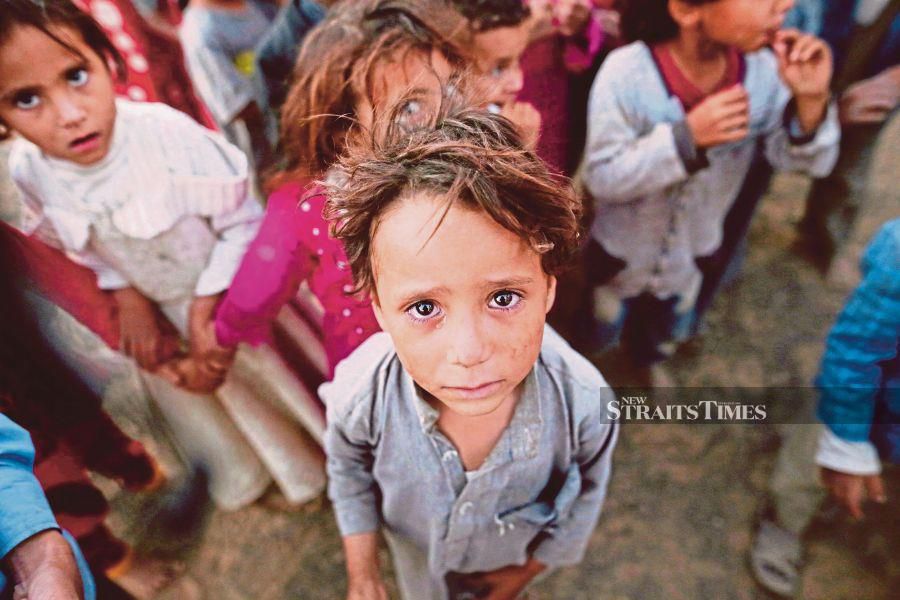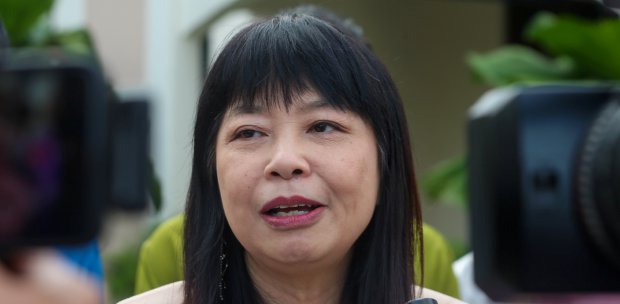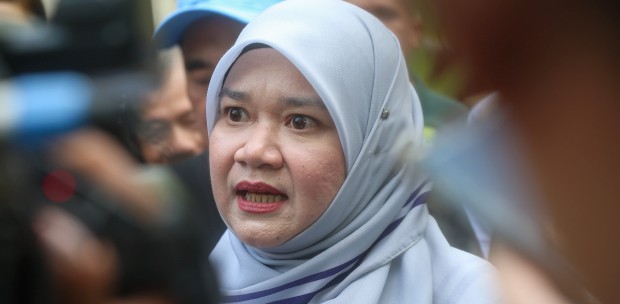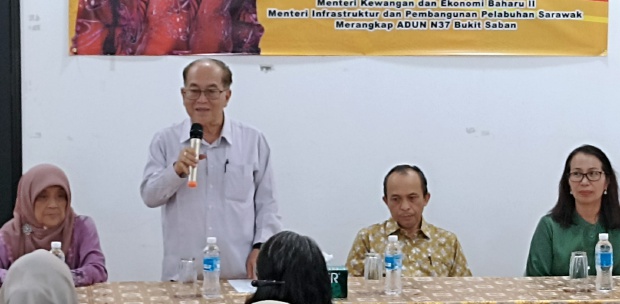IT is important to remember that refugees are not expatriates, migrants, immigrants or tourists.
Refugees enter our country through a portal of extreme trauma.
They never planned to be here, but they had no other choice.
Terror, persecution, violent oppression, genocide and torture abruptly shattered their lives, the futures they had prepared and the hopes and dreams they held in their homelands.
For many, the safe haven of Malaysia is a bewildering state of limbo in which they are happy and grateful to be alive, but are unable to move forward with their lives.
The home countries from which they fled sought to deprive them of a future, but in the country that welcomed them, their futures are unclear.
As we commemorate World Refugee Day today, we must remember the catastrophic past refugees have suffered and not merely their insecure and toilsome situation at present.
We must direct efforts towards stabilising their futures.
Whether those futures find them in Malaysia, back in their homelands or elsewhere, they are victims whom we have taken in.
Therefore we should see to it that their pain is alleviated and their strengths cultivated to enable them to move forward.
This is especially true with regard to refugee children.
Education for children of refugees is an absolute and unwavering obligation.
The criminals who persecuted them and their parents in their home countries must not succeed in sentencing these innocents to lifelong degradation and futures bereft of prospects for advancement.
If the horrors they've suffered are compounded by prolonged interruption of their education, their potential will be destroyed and they will be consigned to poverty and disempowerment.
We should, therefore, provide them with a safe shore and not let them languish in social and economic oblivion.
According to the United Nations High Commissioner For Refugees, less than 40 per cent of school-age refugee children in Malaysia have access to educational programmes.
The few who do attend classes rely on informal programmes run by non-governmental organisations or members of their own communities.
They're not allowed access to formal schools due to Malaysia's idiosyncratic classification of their status in the country.
This is disgraceful and constitutes a serious lapse in our duty to the trust laid upon us when they arrived here.
We cannot claim that just because their futures are ambiguous — since we do not know how long they will remain in our country as refugees — we should not offer their children proper education.
Their future is only ambiguous in terms of where they will live, but entirely unambiguous in terms of what their conditions will be, no matter where they end up.
Denying the children of refugees access to education imposes upon them a disadvantage future, a continuation of their victimisation.
If, after the life-threatening strife from which they escaped comes to an end and refugees return to their homelands as stable, educated, well-adjusted and capable people because of Malaysia's hospitality, generosity and humane commitment, how would that be a loss for our nation?
How would that not deliver a message to the world that our society is made up of noble, decent people who value education as a human right for all?
We would not lose anything by this, we would only reap the benefits.
If or when refugees leave our shores, do we not want them to praise our society?
Regard us fondly and with appreciation?
Or maintain a sense of loyalty to our country and keep good ties with us as they move forward in business, science and professional achievements, knowing that our care and nurturing made that future possible for them?
I urge all of us to contemplate the lives of refugees and their children, not just in the context of World Refugee Day but in the context of world refugees today.
Ask ourselves what each of us can do to help secure formal education and training for every refugee child in Malaysia so that their traumatic past will not stretch into their future.
And so that their time here among us will provide them with the positive, life-changing support that they deserve.
The writer is founder and chairperson of Centre for Human Rights Research & Advocacy





